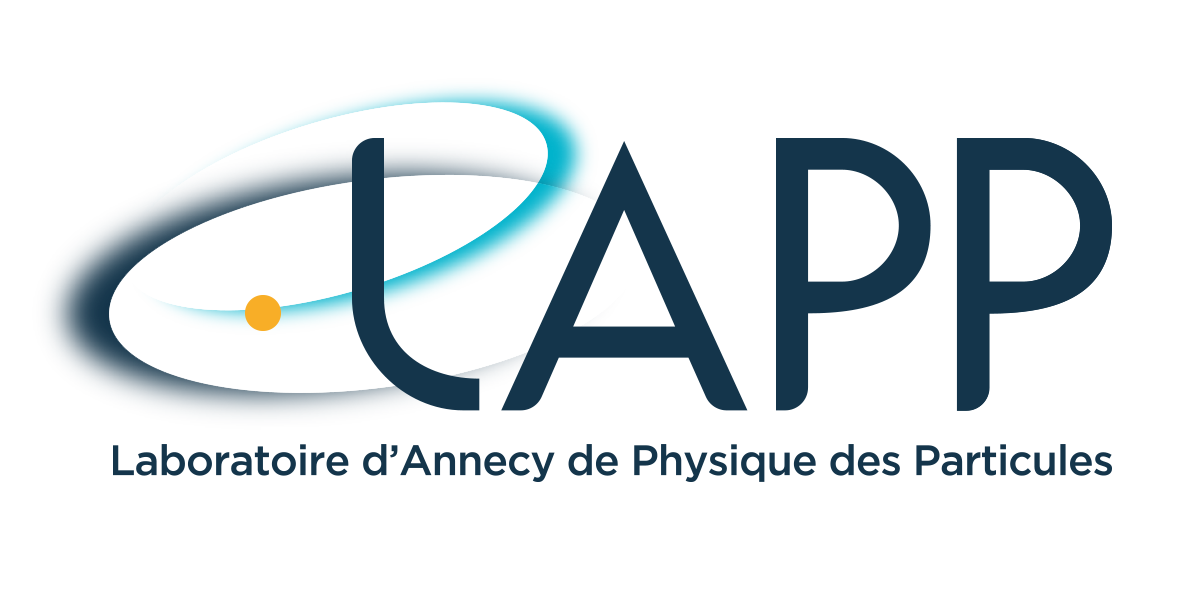Seminars & Defenses
Accessibility in academic and scientific settings remains a major challenge. This seminar will explore the obstacles faced by people with disabilities and present practical solutions to improve accessibility—both in terms of infrastructure and workplace culture—to foster a more inclusive and welcoming environment.
Neutrinoless Double Beta Decay is a rare, pivotal process to test Majorana neutrinos and lepton number conservation. The seminar highlights bolometric detection methods and CUPID’s cutting-edge tech—a next-gen experiment with strong discovery potential.
The Dark Energy Spectroscopic Instrument (DESI) is mapping 11 billion years of cosmic expansion with unprecedented precision. Early results from its first three years suggest dark energy may evolve over time—not stay constant—challenging current theories about the universe’s acceleration.
The Egyptians dated events by reigns, not in absolute years. The Meryt project, presented in this seminar, combines radiocarbon (C14) dating and Bayesian statistics to precisely date their history, such as the end of Khufu’s reign.
Probing the polarisation of W and Z bosons helps explain how electroweak symmetry is broken and tests the Standard Model (SM) and new physics. A new method calculates polarised cross-sections with high precision, including QCD and electroweak corrections. Recent results cover SM predictions for ZZ and WZ production, and beyond-SM studies in the SMEFT framework. These advances improve LHC data analysis and the search for new physics.

